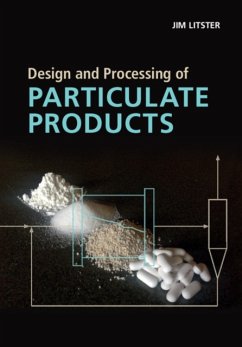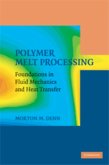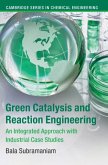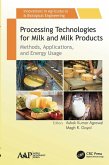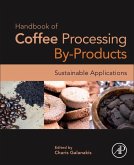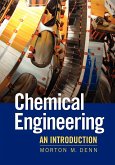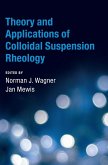"With this unique and comprehensive text, readers will gain the quantitative tools needed to engineer the particulate processes and products that are ubiquitous in modern life. Covering a series of particle and particulate delivery form design processes,with emphasis on design and operation to control particle attributes, and supported by many worked examples, it is essential reading for students and practitioners. Topics covered include a range of particle design processes such as crystallization and precipitation, granulation, grinding, aerosol processes and spray drying, as well as forms of delivery such as granules, tablets, dry powders, and aerosols. Readers will learn from real-world examples how the primary particle properties and the structure and properties of the delivery form can lead to high performance products, ranging from pharmaceuticals, consumer goods and foods, to specialty chemicals, paints, agricultural chemicals and minerals"--
Hinweis: Dieser Artikel kann nur an eine deutsche Lieferadresse ausgeliefert werden.
Hinweis: Dieser Artikel kann nur an eine deutsche Lieferadresse ausgeliefert werden.

